In recent years, the concept of green building has gained significant traction in Bahrain. As a nation that is committed to sustainable development, Bahrain has made great strides towards promoting eco-friendly architecture and sustainable construction practices. From the government’s initiatives to notable green building projects, Bahrain’s commitment to green infrastructure is evident. Let’s take a closer look at the history of green building in Bahrain and how it has evolved over time.
Key Takeaways
- The concept of green building has gained significant traction in Bahrain in recent years.
- Bahrain is committed to sustainable development and promoting eco-friendly architecture.
- Bahrain’s government has introduced initiatives and programs to promote green building practices.
- Bahrain is home to notable green building projects, including the World Trade Center (WTC) Bahrain and the Diyar Al Muharraq development.
- Bahrain is committed to LEED certification and green building organizations to promote sustainable construction practices.
The Government’s Initiatives and Programs
The history of green building in Bahrain can be traced back to the early 2000s when the Bahraini government recognized the importance of sustainable development. Since then, the government has implemented several initiatives and programs to promote energy-efficient buildings, sustainable development and environmentally friendly construction practices.
One of the government’s key initiatives is the Green Building Guidelines, introduced by the Ministry of Works & Housing in 2010. These guidelines outline the standards for sustainable construction in Bahrain, providing a framework for developers to design and build environmentally friendly buildings. The guidelines cover areas such as energy efficiency, water conservation, waste reduction, and indoor environmental quality.
In addition to the Green Building Guidelines, the government provides incentives to developers and homeowners who adopt sustainable building practices. These incentives include tax breaks, financial assistance, and fast-track approvals for green building projects.
The Bahraini government’s commitment to sustainable development is also reflected in the establishment of the Sustainable Energy Unit (SEU) in 2012. The SEU is responsible for developing and implementing policies and programs to promote renewable energy and energy efficiency in Bahrain. It also works to raise awareness about the importance of sustainability and the benefits of green building practices.
The government has also launched several green building projects in Bahrain, as part of its efforts to promote sustainable development. These projects include the Al Dur Power and Water Plant, which uses seawater to generate electricity and potable water, and the Bahrain International Circuit, which incorporates sustainable design features such as rainwater harvesting and solar panels.
Overall, the Bahraini government’s initiatives and programs demonstrate its commitment to promoting sustainable development and environmentally friendly construction practices. These efforts not only benefit the environment but also contribute to the country’s economic growth and social wellbeing.

Noteworthy Green Building Projects
One of the notable green building projects in Bahrain is the World Trade Center (WTC) Bahrain. It is the first building in the world to integrate wind turbines into its design, harnessing the power of the wind to generate electricity. The WTC Bahrain is also equipped with a state-of-the-art cooling system that uses seawater to regulate the temperature inside the building, reducing energy consumption by up to 30%. These sustainable design features have earned the building a LEED Gold certification.
Another noteworthy green building project in Bahrain is the Diyar Al Muharraq development. This mixed-use development spans over 12 square kilometers and features a range of eco-friendly infrastructure, including green spaces, pedestrian-friendly walkways, and energy-efficient buildings. The development utilizes sustainable construction materials, such as recycled steel and concrete, and incorporates renewable energy sources like solar panels to reduce its carbon footprint. Its commitment to green infrastructure has earned the Diyar Al Muharraq development recognition as one of the most sustainable urban projects in the region.
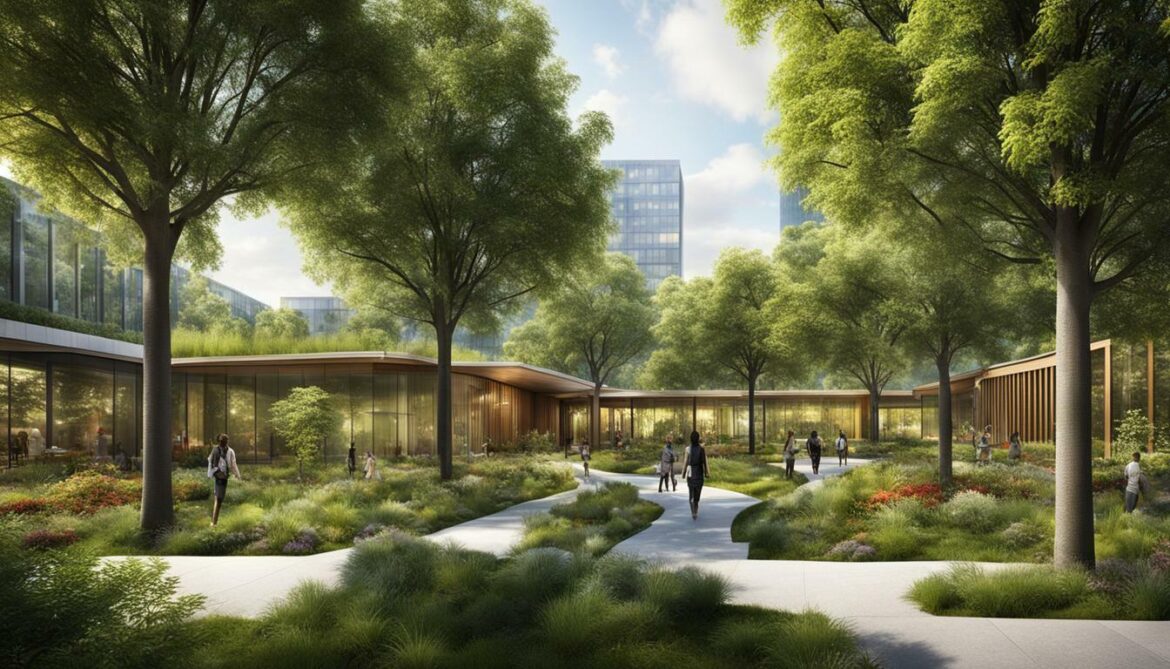
These notable green building projects in Bahrain are leading the way in sustainable development and eco-friendly architecture. Through the incorporation of green infrastructure and sustainable design features, they are not only reducing their environmental impact but also creating vibrant and livable spaces for the community. As Bahrain continues to prioritize sustainable construction practices, the potential for further innovative and sustainable projects in the country is immense.
LEED Certification and Green Building Organisations
Bahrain’s commitment to green building can also be seen in the development of the LEED (Leadership in Energy and Environmental Design) certification system. This system is widely recognised as a rating system for green buildings, developed by the U.S. Green Building Council (USGBC), and is now used globally to promote sustainable building practices. In addition to the USGBC, there are several green building organisations around the world that offer certification and support for green building projects.
One such organisation is the Green Building Council of Australia (GBCA). They provide certification through their Green Star rating system, which assesses the environmental performance of buildings. The GBCA also offers resources and training for professionals in the green building industry.
The Canada Green Building Council (CaGBC) is another notable organisation. They administer the LEED certification in Canada and promote sustainable building practices across the country. The CaGBC also offers educational programs and resources to advance green building knowledge.
In the United Kingdom, the Building Research Establishment (BRE) is a leading organisation in the field of sustainable construction. They developed the BREEAM (Building Research Establishment Environmental Assessment Method) certification, which assesses the environmental performance of buildings. The BRE also conducts research and provides guidance to support the development of sustainable building practices.
In addition to these regional organisations, there are also global green building organisations such as the World Green Building Council (WorldGBC). They provide support and resources to green building councils around the world, promoting the adoption of sustainable practices and policies in the building sector.
Overall, LEED Certification and Green Building Organisations play a crucial role in promoting sustainable building practices and increasing awareness of environmental impact in the construction industry. By providing certification, resources, and training, these organisations contribute to the development of greener buildings and a more sustainable future.
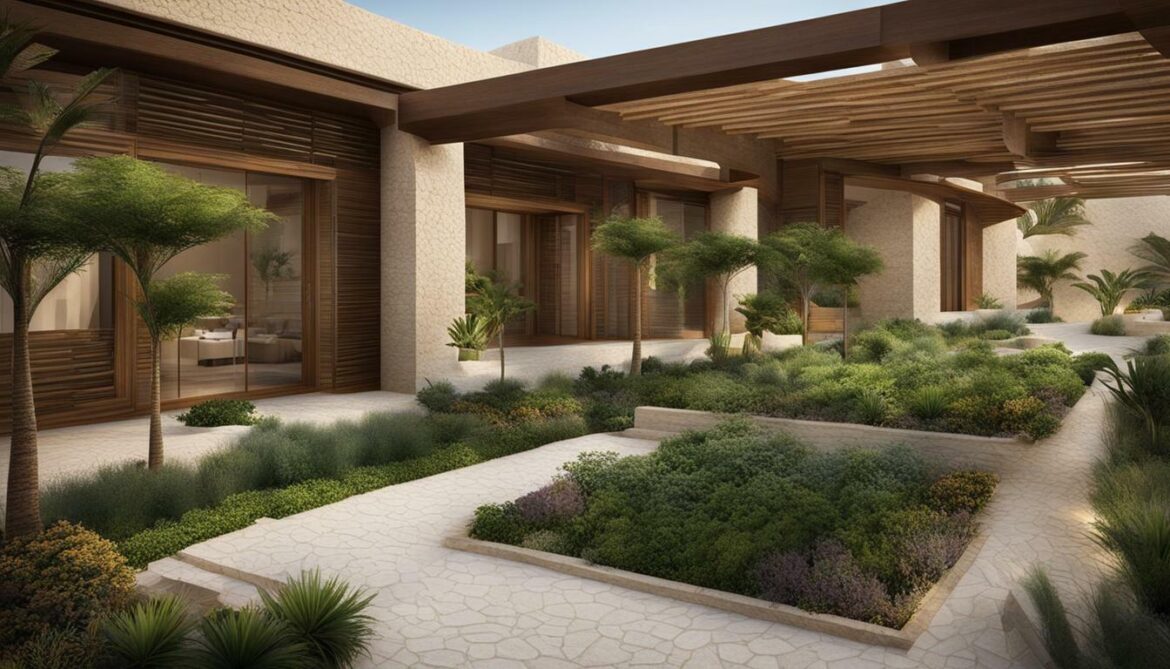
Conclusion
In conclusion, the history of green building in Bahrain dates back to the early 2000s when the government recognized the need for sustainable development. Since then, the government has taken several initiatives and programs to promote environmentally friendly construction practices. The establishment of the Bahrain Sustainable Energy Unit (SEU) and the introduction of the Green Building Guidelines by the Ministry of Works & Housing are some of the noteworthy initiatives.
Furthermore, the government provides incentives to developers and homeowners to encourage energy-efficient buildings and sustainable development. Notable green building projects in Bahrain include the World Trade Center (WTC) Bahrain and the Diyar Al Muharraq development, which incorporate several sustainable design features and contribute to green infrastructure.
Bahrain’s commitment to the LEED certification system and the role played by organizations like the Bahrain Green Building Society (BGBS) further emphasizes the importance of sustainable construction practices. The potential for Bahrain to become a leader in the green building movement in the region is significant.
Overall, Bahrain’s dedication to sustainable development and environmentally friendly construction is commendable. The government’s future plans for promoting green infrastructure and sustainable development are promising, and it is expected that Bahrain will continue to make strides in the field of green building in the coming years.
FAQ
Q: What is green building?
A: Green building refers to the practice of constructing or renovating buildings in an environmentally friendly and sustainable manner. It involves incorporating energy-efficient technologies, utilizing renewable resources, and reducing the overall impact on the environment.
Q: When did Bahrain start embracing green building practices?
A: Bahrain started embracing green building practices in the early 2000s when the government recognized the importance of sustainable development. The establishment of the Bahrain Sustainable Energy Unit (SEU) in 2000 marked a significant milestone in this journey.
Q: What initiatives has the Bahraini government implemented to promote green building?
A: The Bahraini government has implemented several initiatives, including the introduction of the “Green Building Guidelines” in 2005. These guidelines provide a framework for incorporating sustainable design strategies in projects and focus on energy efficiency, water conservation, waste management, and indoor environmental quality.
Q: What incentives are offered to developers and homeowners who embrace green building practices?
A: Developers and homeowners who embrace green building practices in Bahrain can enjoy incentives such as tax breaks, waivers on building permit fees, and expedited approval processes for green building projects. These incentives aim to encourage the private sector to invest in sustainable development and green infrastructure.
Q: Can you give examples of notable green building projects in Bahrain?
A: Two notable green building projects in Bahrain are the World Trade Center (WTC) Bahrain and the Diyar Al Muharraq development. The WTC incorporates features like a double-skin façade to reduce heat gain and an on-site wastewater treatment plant. The Diyar Al Muharraq development integrates green spaces, solar panels for renewable energy, and promotes walkability and cycling.
Q: What is LEED certification, and how does Bahrain promote it?
A: LEED (Leadership in Energy and Environmental Design) certification is an internationally recognized green building rating system. Bahrain actively encourages developers to pursue LEED certification, resulting in several buildings achieving LEED status. This certification system assesses the environmental performance of buildings.
Q: What role do green building organizations play in Bahrain?
A: Green building organizations like the Bahrain Green Building Society (BGBS) play a pivotal role in promoting sustainable construction practices and raising awareness about the importance of green building. They organize workshops, seminars, and conferences to educate industry professionals and the general public about green building principles and their benefits.
Q: What is Bahrain’s future commitment to green building?
A: Bahrain aims to further enhance its commitment to green building by providing incentives for sustainable development, promoting renewable energy, and raising awareness about the importance of green building practices. With ongoing efforts, Bahrain is well-positioned to be a leader in the region’s green building movement.


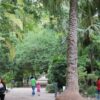
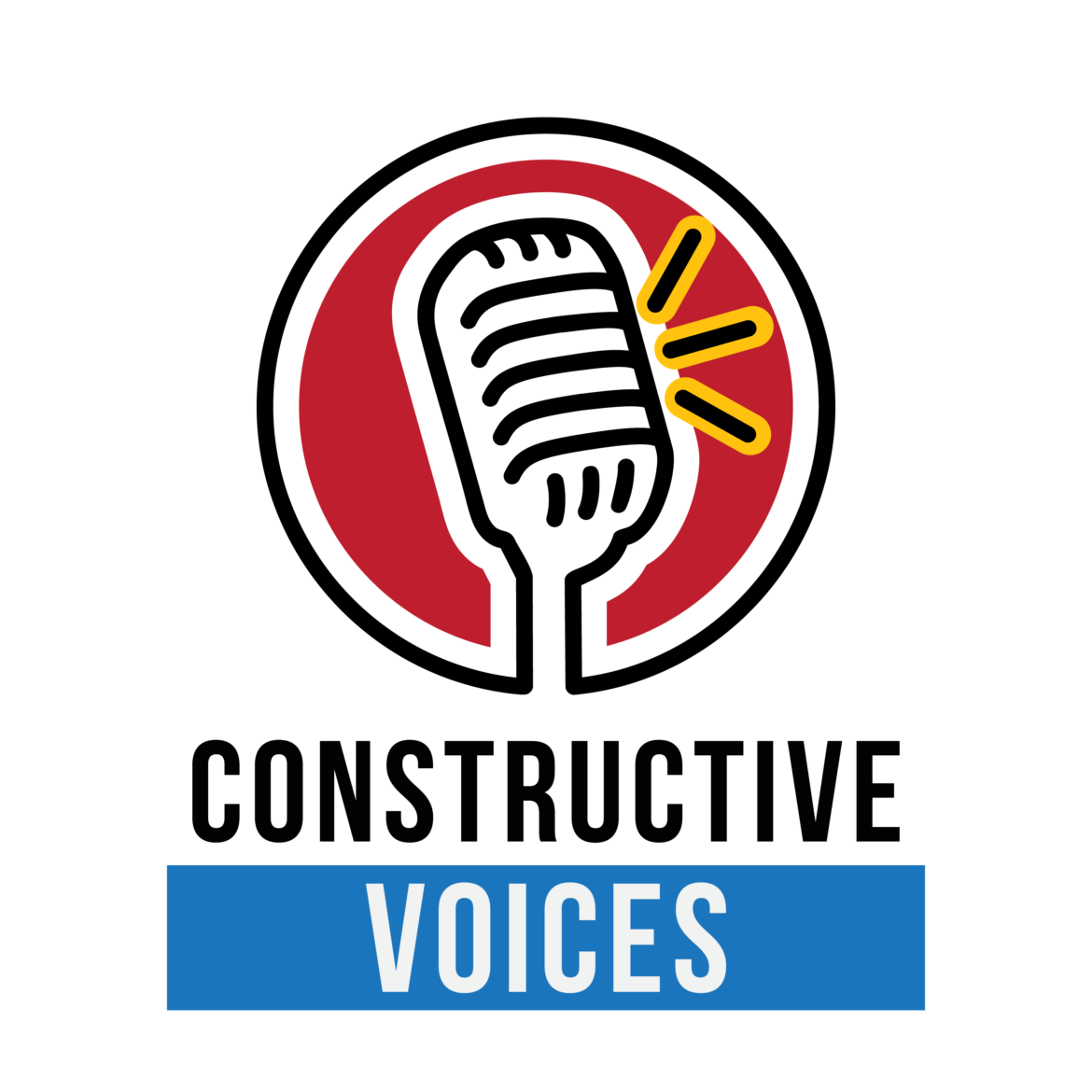






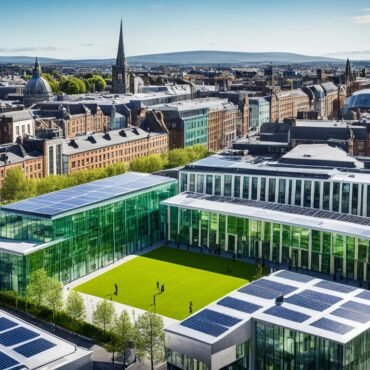
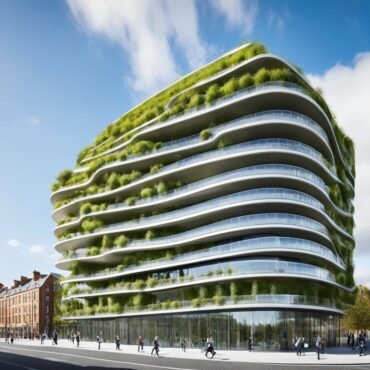




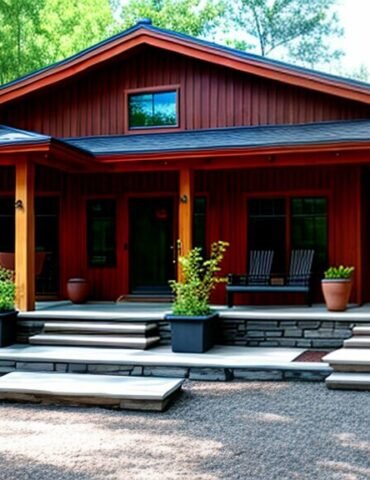

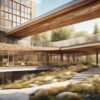
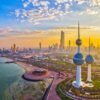

Post comments (0)